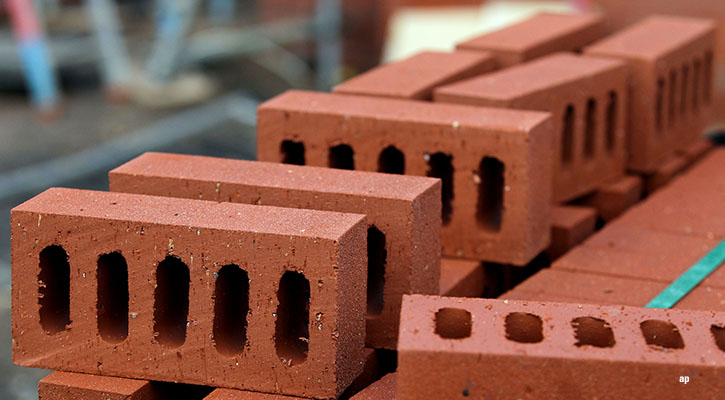There is a lot for medium-term investors to like about Kingfisher (KGF). A decade ago, the company was a multi-category retailer, an ineffective conglomerate of primarily no-moat businesses. Today, it is focused solely on home improvement, and we believe management is building upon some competitive advantages that are likely to sustain the company's excess returns on capital through the major secular challenges that traditional retailers currently face.
We believe the strategy to sell common products across its regions will allow Kingfisher to finally exploit its scale and help strengthen its economic moat as one of the cost leaders of the industry in Europe.
Products will have instructions in several languages and will meet cross-border safety standards in order to be sold in multiple geographies. However, even at its target of 50% common own brands, the company will lag Lowe's and Home Depot in leveraging its scale, and we do not expect the company to achieve the double-digit normalised EBIT margins that we forecast for its U.S. counterparts.
Instead, our valuation assumes that almost all cost savings are reinvested in the business, and we regard management's strategy as a revenue driver rather than a margin expansion opportunity. Common own brand products could also strengthen Kingfisher's intangible asset economic moat by making its store brands more recognizable and by increasing pricing opacity in more categories.
Even among the brick-and-mortar retailers, Kingfisher is a fairly solid operator. Despite its smaller scale, £11 billion in annual revenue versus £34 billion for Lowe's and £51 billion for Home Depot, Kingfisher generates a lower total asset turnover and has sustained a negative cash conversion cycle for a decade. Its revenue growth, profitability, and working capital management metrics are all superior to its closest competitor, Home Retail Group, which operates Homebase in the United Kingdom.
We support new CEO Veronique Laury's strategy to shrink B&Q retail space and trim the SKU count, as we think this will enhance long-term returns on capital. Valuation as of April 2015: After updating our model with Kingfisher's fiscal 2014/15 results, our fair value estimate remains £4.30 per share, as the time-value-of-money impact was offset by the reduction in store count and retail space in the U.K. and Ireland segment. Our valuation implies fiscal 2015- 16 multiples of 18.7 times EPS and 10.1 times EV/EBITDA.




























